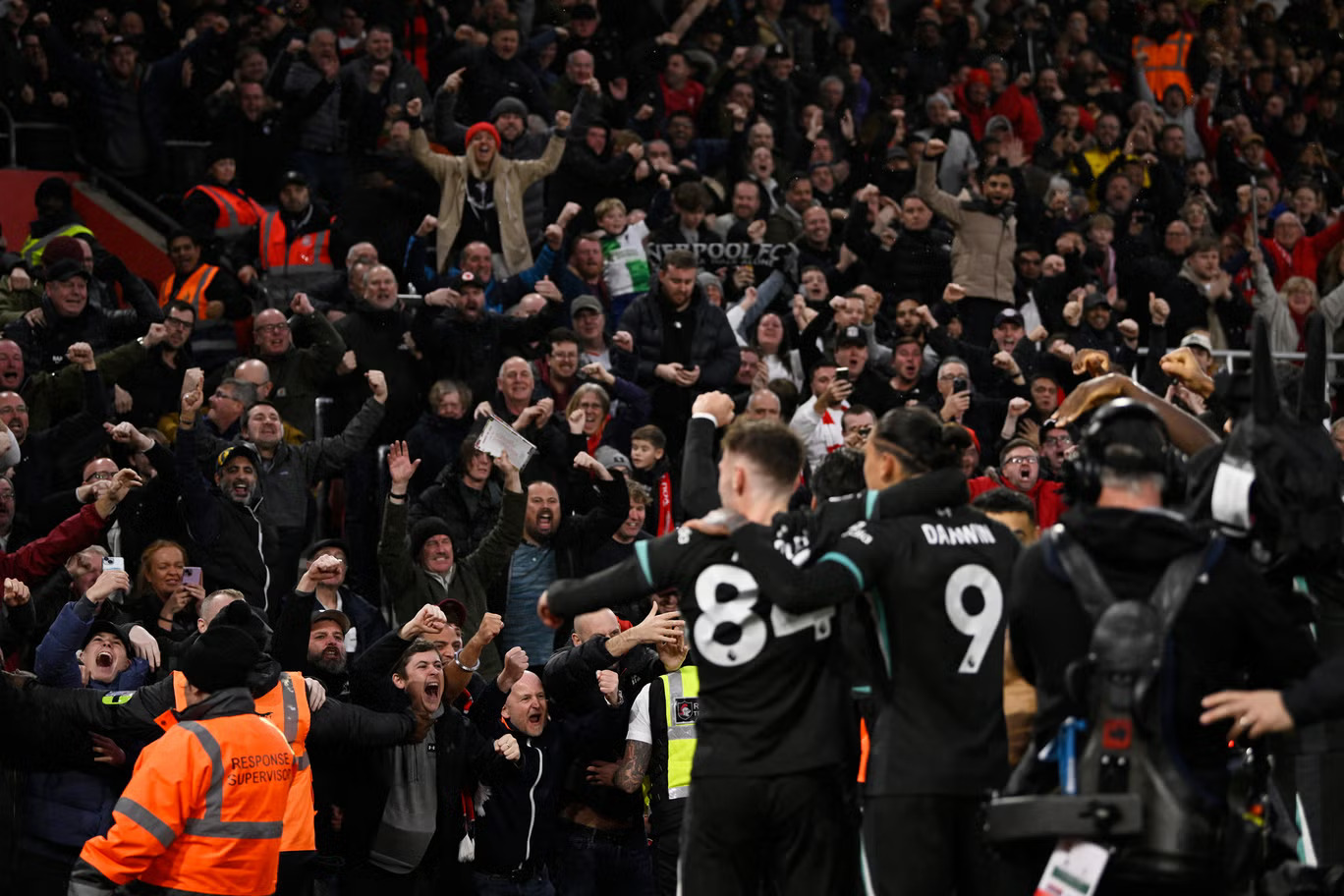In a pioneering move blending sports with mental health care, live football matches are set to be prescribed to patients suffering from depression across Gloucestershire. The initiative, spearheaded by Labour MP Dr Simon Opher and Ecotricity founder Dale Vince, aims to treat depression without medication by offering patients the chance to attend matches at Forest Green Rovers—renowned as the world’s first vegan and carbon-neutral football club.
Live Football Matches to Be Prescribed for Depression in Groundbreaking Mental Health Initiative
This innovative scheme is rooted in social prescribing, a practice championed by Dr Opher, who believes alternative therapies like football, comedy, and gardening can effectively reduce the impact of mental health gaps in communities. With antidepressant use at record highs, the scheme seeks to treat depression without medication by encouraging meaningful social connection and activity.
Tackling Mental Health Gaps Through Football
Dr Opher, a former GP and now MP for Stroud, has been vocal about the dangers of social isolation, which he identifies as a major contributor to the current mental health crisis.
“There’s something deeply communal about watching football,” said Dr Opher. “It’s not just about the game—it’s about shouting for your team, being part of a crowd, and escaping your own worries for a while.”
He notes that loneliness, often fueled by social media, declining pub culture, and the breakdown of extended families, has become a major health risk—comparable to smoking 20 cigarettes a day.
The new programme will give patients from a dozen local surgeries near Forest Green’s New Lawn stadium in Nailsworth the opportunity to be referred to matches, with tickets being donated for free by the club. The pilot will kick off with the team’s home opener against Yeovil Town on August 16 and continue throughout the season.
Offering New Ways to Treat Depression Without Medication
The initiative arrives at a critical time: the number of people on antidepressants in England rose by 2.1% last year, reaching 8.7 million users. Dr Opher is concerned by this trend, especially as mental health services remain underfunded and overstretched.
“If you’ve got severe depression, antidepressants can be life-saving,” he explained. “But for mild to moderate symptoms, we need non-medical alternatives. Pills shouldn’t be our default response.”
By providing a communal and uplifting experience, this scheme seeks to treat depression without medication, offering patients a supportive space where they can reconnect with others and reclaim their emotional wellbeing.
Forest Green Rovers: Football With Purpose
Club owner Dale Vince, who took over Forest Green in 2010, expressed his hope that this model can be replicated nationwide. A long-time advocate for sustainability and social innovation, Vince believes football clubs have a major role to play in mental wellness.
“Men, especially, often struggle to open up about mental health issues. Just getting out and being around others makes a difference,” he said. “In my own life, being part of Forest Green has been incredibly uplifting. I want others to experience that sense of belonging.”
As part of the mission to treat depression without medication, Vince sees football not just as a game—but as therapy.
Why Social Prescribing Helps Treat Depression Without Medication
Social prescribing isn’t new, but its popularity is growing rapidly. Studies show that four out of five patients stick with prescribed social activities, and many report improvements in mood, energy, and overall quality of life.
Dr Opher explains that when patients engage in these activities, they often no longer need to return for regular appointments. “When it works, it’s transformative,” he said. “People stop coming back—not because they’re forgotten, but because they’re genuinely better.”
This model demonstrates a powerful, community-based approach to treat depression without medication, especially for those who don’t benefit from traditional methods.
Frequently Asked Questions (FAQs)
Q1: What is social prescribing?
Social prescribing is a health approach where patients are referred to non-medical activities—like football, gardening, or art therapy—to improve their well-being and treat depression without medication.
Q2: Who qualifies for this football-based prescription?
Patients with mild to moderate depression at select GP surgeries in Gloucestershire may be referred to attend Forest Green Rovers games.
Q3: Is football really effective in treating depression?
While not a cure, football provides community engagement, stress relief, and social interaction, all of which help to treat depression without medication.
Q4: Will this replace antidepressants entirely?
No. Dr Opher emphasizes that severe depression still requires medical treatment, but this scheme offers a viable path to treat depression without medication for those with less severe symptoms.
Q5: Can this scheme be expanded to other clubs or regions?
Yes, both Dr Opher and Dale Vince hope this model can be adopted by football clubs across the UK as a means to treat depression without medication and reduce mental health gaps nationwide.







